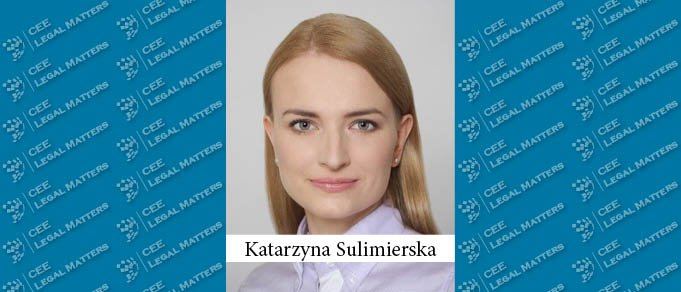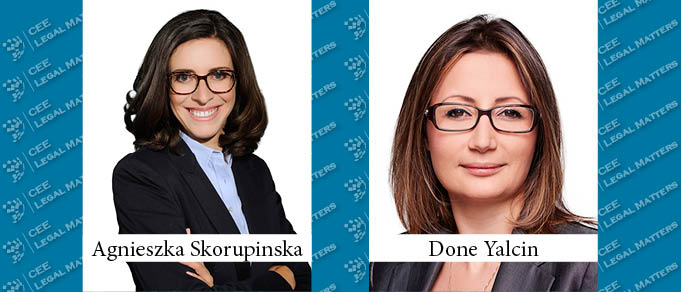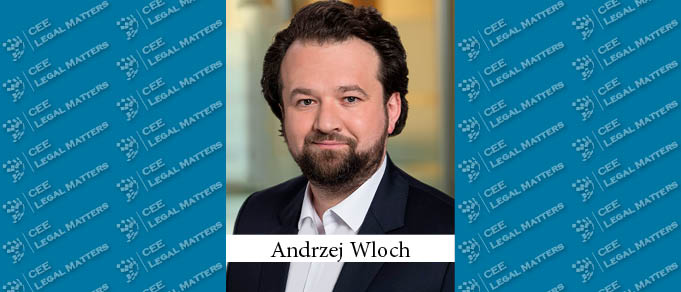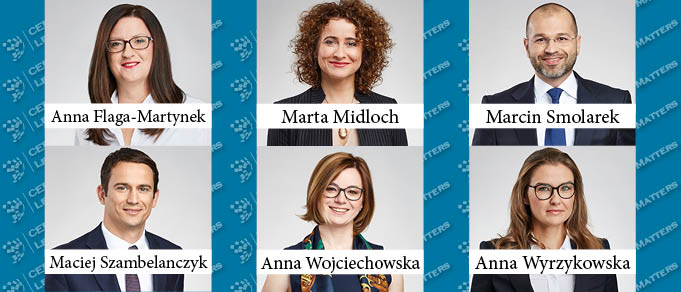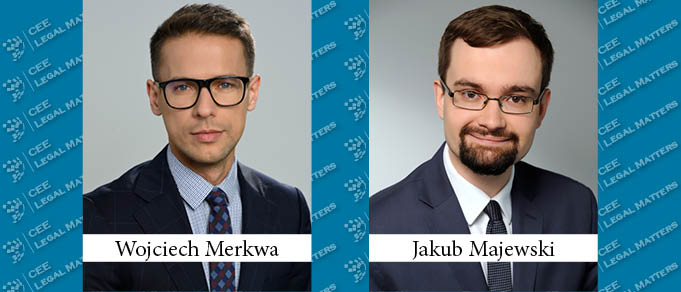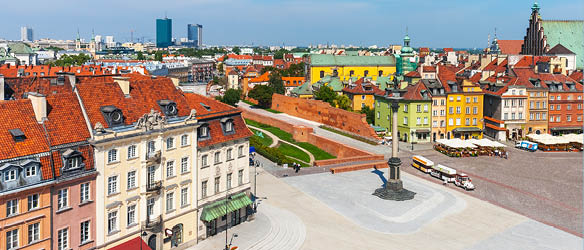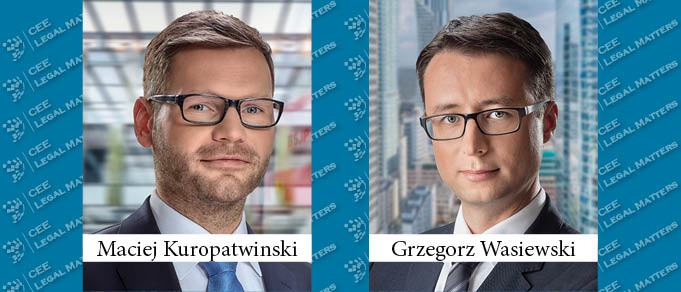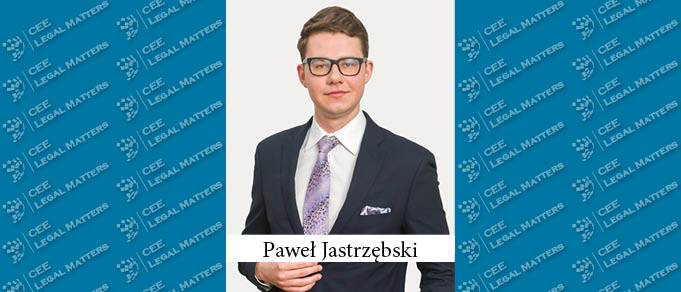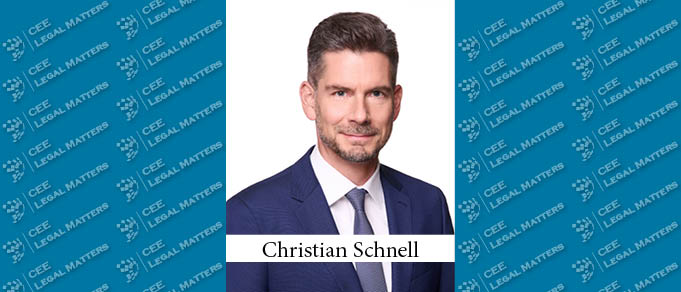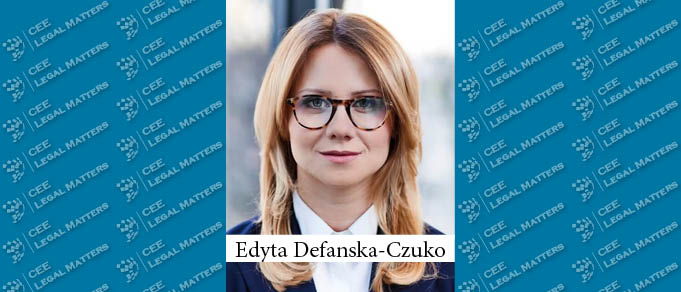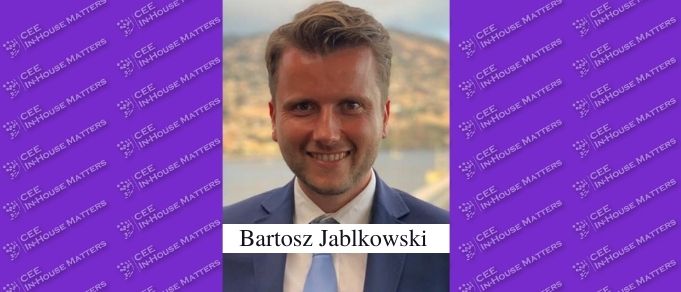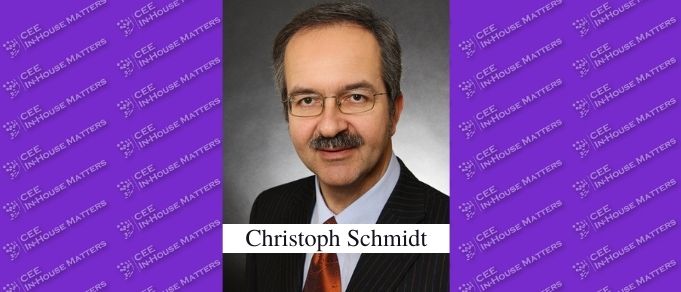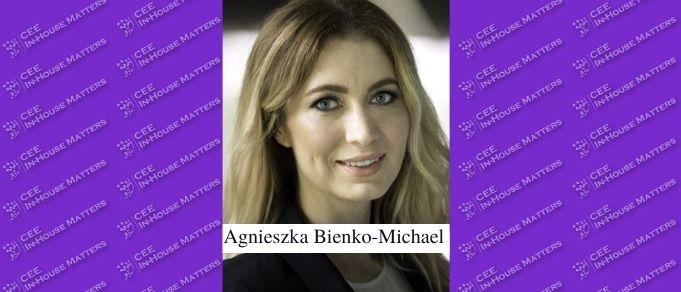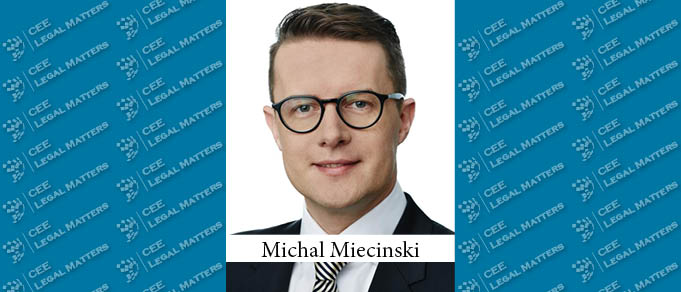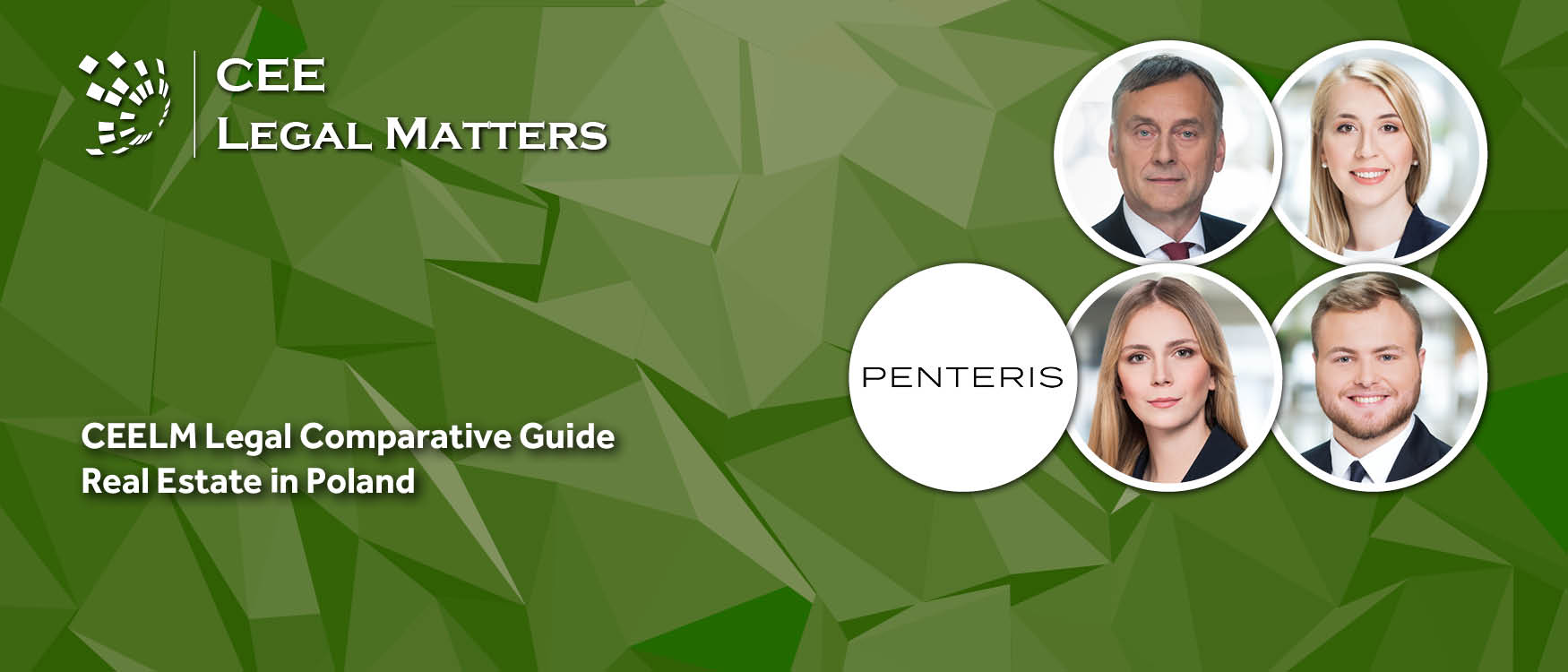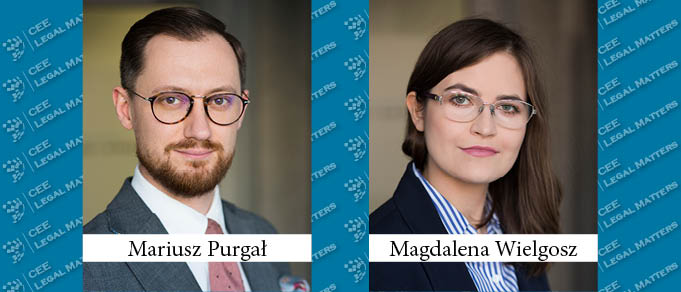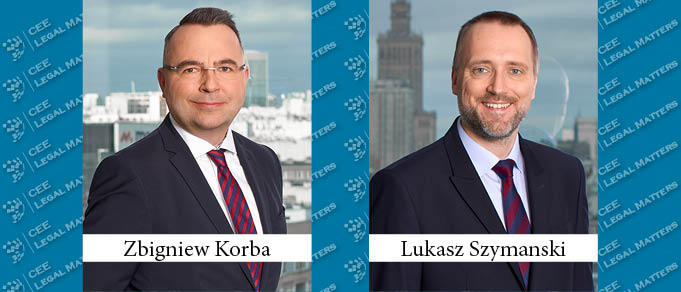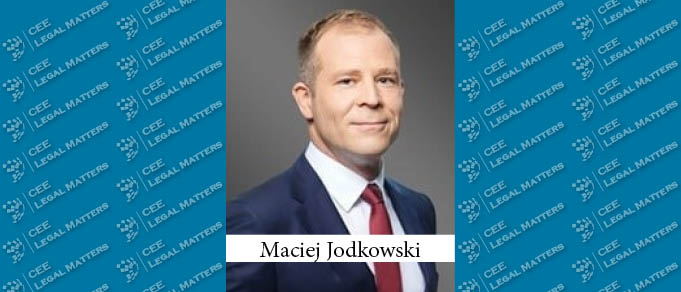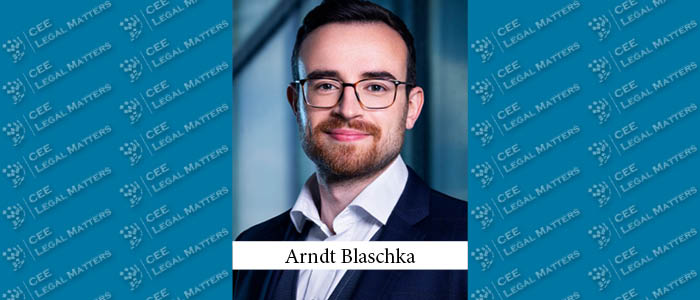On October 18, 2021, CEE Legal Matters reported that Katarzyna Sulimierska had joined Schoenherr as Head of Real Estate in Warsaw. We spoke with Sulimierska to learn more about her and her practice.
Reimagining Industry
CEE Legal Matters spoke with CMS Partner and Head of Environmental Law Practice in Poland and CEE Agnieszka Skorupinska and CMS Turkey Managing Partner Done Yalcin about the impacts of the EU Green Deal and the rise of ESG in Europe and beyond.
Andrzej Wloch Joins SSW Pragmatic Solutions as Partner
Former Dentons Senior Associate Andrzej Wloch has joined the Real Estate practice at SSW Pragmatic Solutions as a Partner.
WKB Names Six Equity Partners, Three New Partners
Wiercinski Kwiecinski Baehr Partners Anna Flaga-Martynek, Marta Midloch, Marcin Smolarek, Maciej Szambelanczyk, Anna Wojciechowska, and Anna Wyrzykowska have become Equity Partners, while Counsels Agata Szczepanczyk-Piwek, Sergiusz Urban, and Jordan Zafirow have been promoted to Partner, as of January 1, 2022.
Wojciech Merkwa and Jakub Majewski Make Partner at JDP
Former Counsels Wojciech Merkwa and Jakub Majewski have been promoted to Partner at JDP Drapala & Partners, as of January 1, 2021.
Path Augustyniak Hatylak and Partners Joins Forces with Kielian and Partners
Path Augustyniak Hatylak and Partners has joined forces with Kielian and Partners. From now on, the law firms will operate under one brand – Path Law Hatylak Kielian and Partners.
Maciej Kuropatwinski Makes General Partner and Grzegorz Wasiewski Makes Partner at BSJP
BSJP's Maciej Kuropatwinski has become a General Partner, while Grzegorz Wasiewski has been promoted to Partner with the firm, as of January 1, 2022.
Crowdfunding in Poland: (Un)regulated?
In recent years, crowdfunding has become an increasingly popular source of financing for companies, especially start-ups. Crowdfunding is also a great marketing tool, as it allows companies to reach a wide spectrum of potential investors.
Christian Schnell Joins Dentons as Partner in Warsaw, Brings Team
Former Solivan Partner Christian Schnell has joined Dentons as a Partner in the firm's Energy and Natural Resources practice. Based in Warsaw, Schnell will also practice in the firm's Munich office. He is joined by Counsel Piotr Dziwniel, Senior Associate Olga Wasilewska, and Associate Ewa Golabek.
Edyta Defanska-Czuko Makes Partner at Crido Legal
Former Counsel Edyta Defanska-Czuko, specializing in employment law, has been promoted to Partner at Crido Legal.
Bartosz Jablkowski Moves to Kyndryl as Country General Counsel
Kyndryl has hired Bartosz Jablkowski as its Country General Counsel, Poland and Baltics in Warsaw.
Deal 5: IFP Erste Immobilienfonds Managing Limited Partner Christoph Schmidt on Adventum’s Acquisition of Mercedes-Benz Building
On November 9, 2021, CEE Legal Matters reported that Legalio had advised IFP Erste Immobilienfonds fur Polen on the sale of Mercedes-Benz Buildingisition to Adventum. CEE In-House Matters spoke with Christoph Schmidt, Managing Limited Partner at IFP Erste Immobilienfonds fur Polen, to learn more about the sale.
Agnieszka Bienko-Michael Joins Eneris Group as Legal Director
Agnieszka Bienko-Michael has joined Eneris Group in Warsaw as its Legal Director in October 2021.
The Buzz in Poland: Interview with Michal Miecinski of CMS
While real estate is turning heads, according to CMS Partner Michal Miecinski, tax hikes and high inflation might present cause for concern in Poland, heading into 2022.
Real Estate Laws and Regulations in Poland
Contributed by Penteris.
Whistleblower Protection Act Will Soon be Implemented in Poland
According to the information on the website of the Polish government, in the Ministry of Family and Social Policy, works on the bill which is supposed to implement Directive (EU) 2019/1937 of the European Parliament and of the Council of 23 October 2019 on the protection of persons who report breaches of Union law are in progress. According to the provisions of the directive, Poland is supposed to implement the whistleblower protection regulations into its legal system by 17 December 2021.
Zbigniew Korba, Lukasz Szymanski, and Team Join Taylor Wessing
Former Deloitte Legal Partners Zbigniew Korba and Lukasz Szymanski have joined Taylor Wessing. Korba will lead the Banking and Finance practice while Szymanski will be taking over the Insurance practice in Warsaw. Along with the two Partners, eight more lawyers are set to join Taylor Wessing by February 2022.
Maciej Jodkowski Joins Greenberg Traurig with Team
Former Dentons Real Estate Partner Maciej Jodkowski has joined Greenberg Traurig’s Warsaw office as Partner. His three-person team comprising Senior Associates Karol Lewandowski and Karolina Tulwin, as well as Alicja Kwiatkowska followed.

